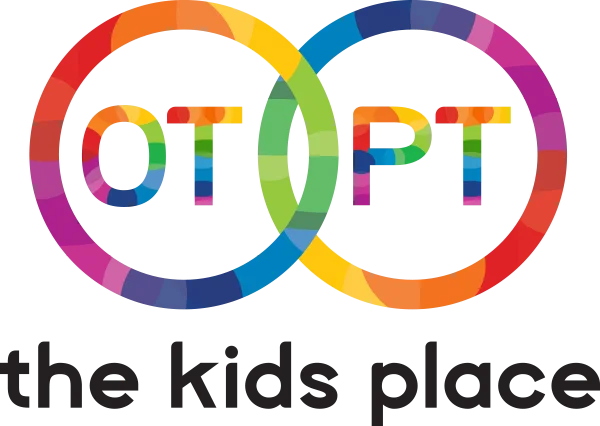Sensory processing is the way a child receives, organises, gives meaning, and responds to information from different senses. This happens automatically for some but can be more complicated for others. Because sensory processing difficulties happen internally, sensory processing difficulties are not always recognised right away. Children who experience these might be labelled as being fidgety, distractible, or too sensitive. In a child this can look like:
- Touch (Tactile sense) :
Refusing to wear certain types of clothing, being bothered by tags/seams of socks; or on the other end, wanting to explore everything by touch and engage in messy play
- Body awareness and position (Proprioception) :
Being clumsy, playing with others too forcefully without being able to grade pressure, or often breaking things
- Movement and Balance (Vestibular sense) :
Constantly moving- running, climbing, spinning; being afraid of heights and not wanting to play with playground equipment
- Sight (Visual sense) :
Difficulty visually focusing attention to the teacher, learning to read, or finding objects in the room
- Hearing (Auditory sense) :
Having meltdowns in busy/noisy environments like the mall, concerts or classroom; not remembering what was said and inability to follow instructions
- Taste (Gustatory sense) :
Being a picky eater
- Smell (Olfactory sense):
Being sensitive or insensitive to smells
- Internal body (Interoception)
Inability to regulate thirst or hunger, toilet training issues, severe mood swings
At The Kids Place:
we offer support for children and their family / whanau to address sensory concerns.
- Sensory Profile
- Understanding how your child processes sensory information in each system through clinical observation, parent interview and formal questionnaire to be filled out by parents and/or teachers.
- Recommending sensory strategies specific to your child’s needs.
- Sensory Diet
- Providing activities to be carried out in your child’s routine to enable them to regulate and participate more effectively at home, in school and the community.
- Parent education
- Helping parents understand sensory processing and their child’s specific sensory needs.
- Learning to carry out strategies and activities that support sensory processing.
- Individual sessions
- Participating in carefully planned and fun activities that enable a child to obtain, process and integrate sensory information more effectively.
- Providing opportunities for child-led, sensory rich activities in our gym and therapy rooms.
- Setting up a sensory kit that can be used in other environments.
- For older children, helping them recognise their sensory needs and together finding adaptive ways to respond to them so they can happily engage with life.
- Collaboration with school and other professionals
- School observation and recommendations.
- Teacher and professional meetings.
Because we look at each child holistically, therapists at The Kids’ Place also link how sensory processing difficulties can affect children’s behaviour, emotion regulation, academic learning.
